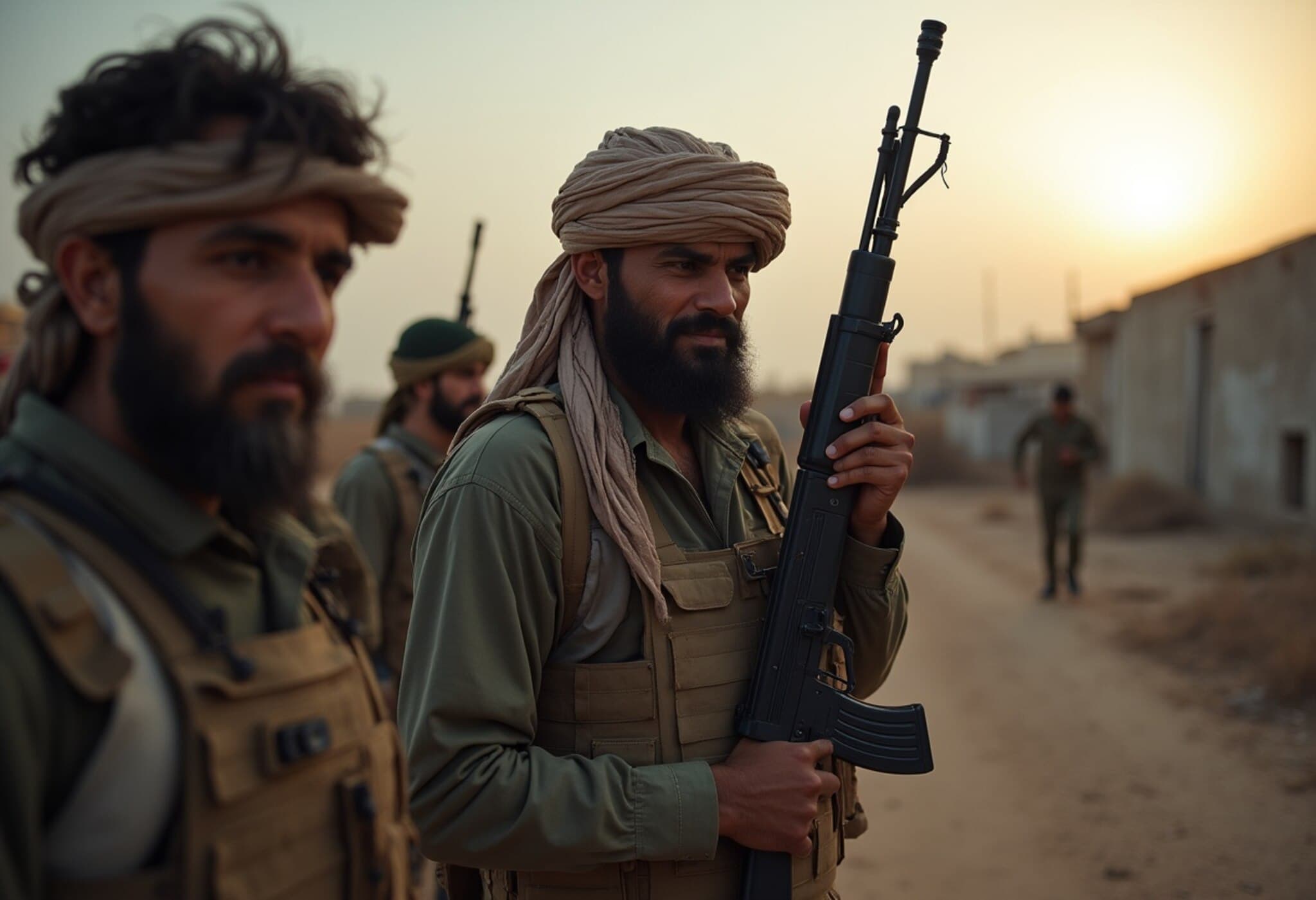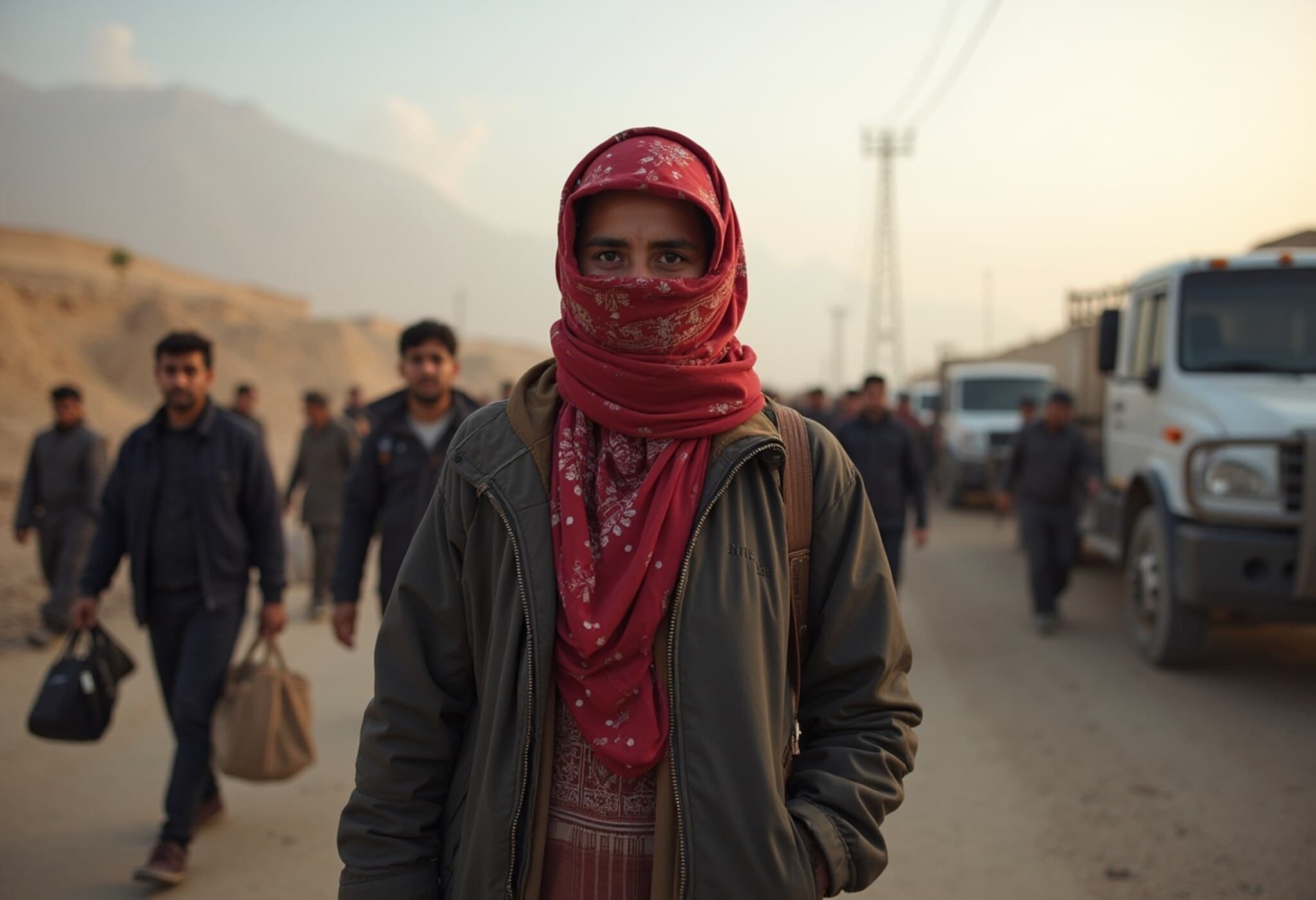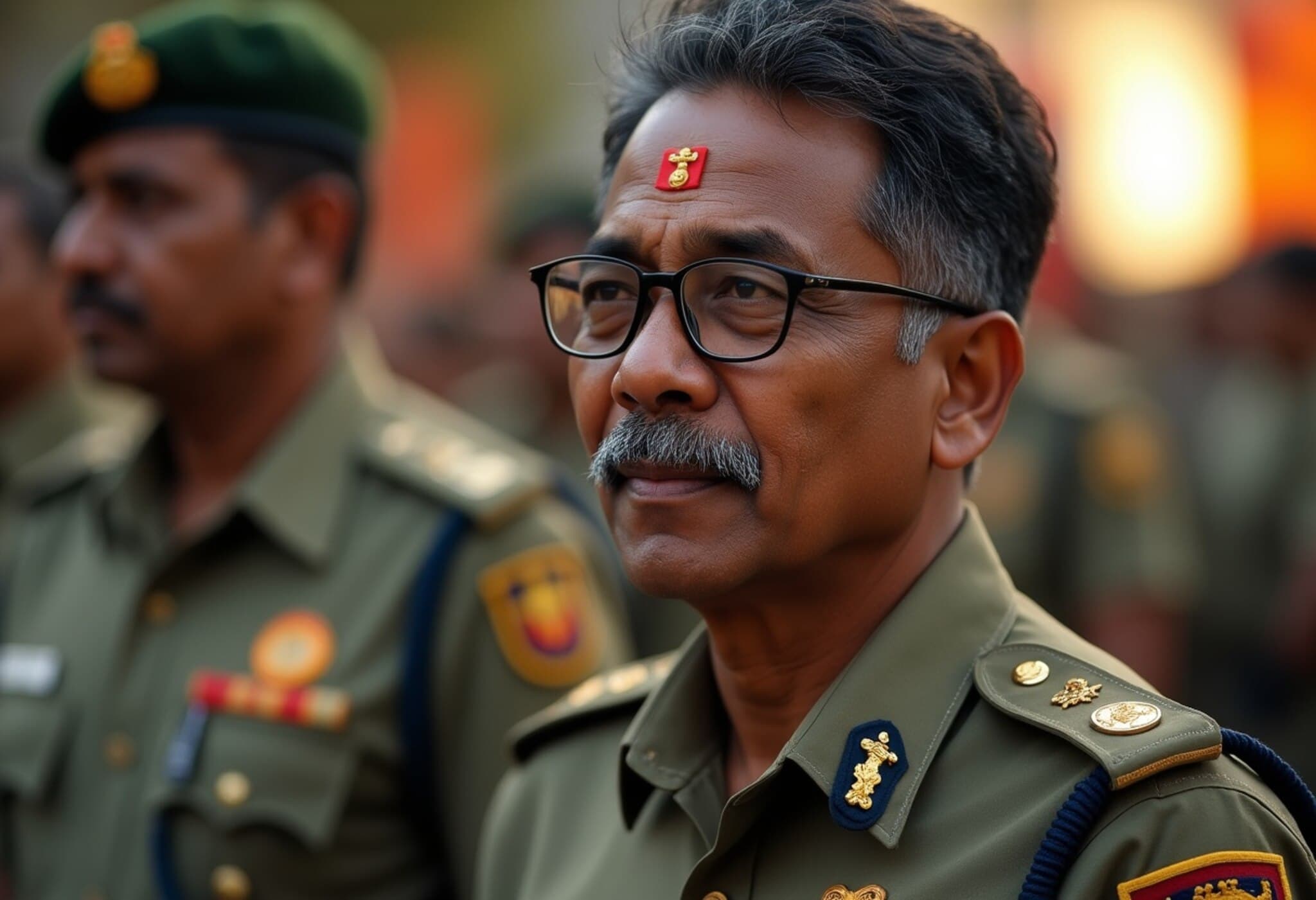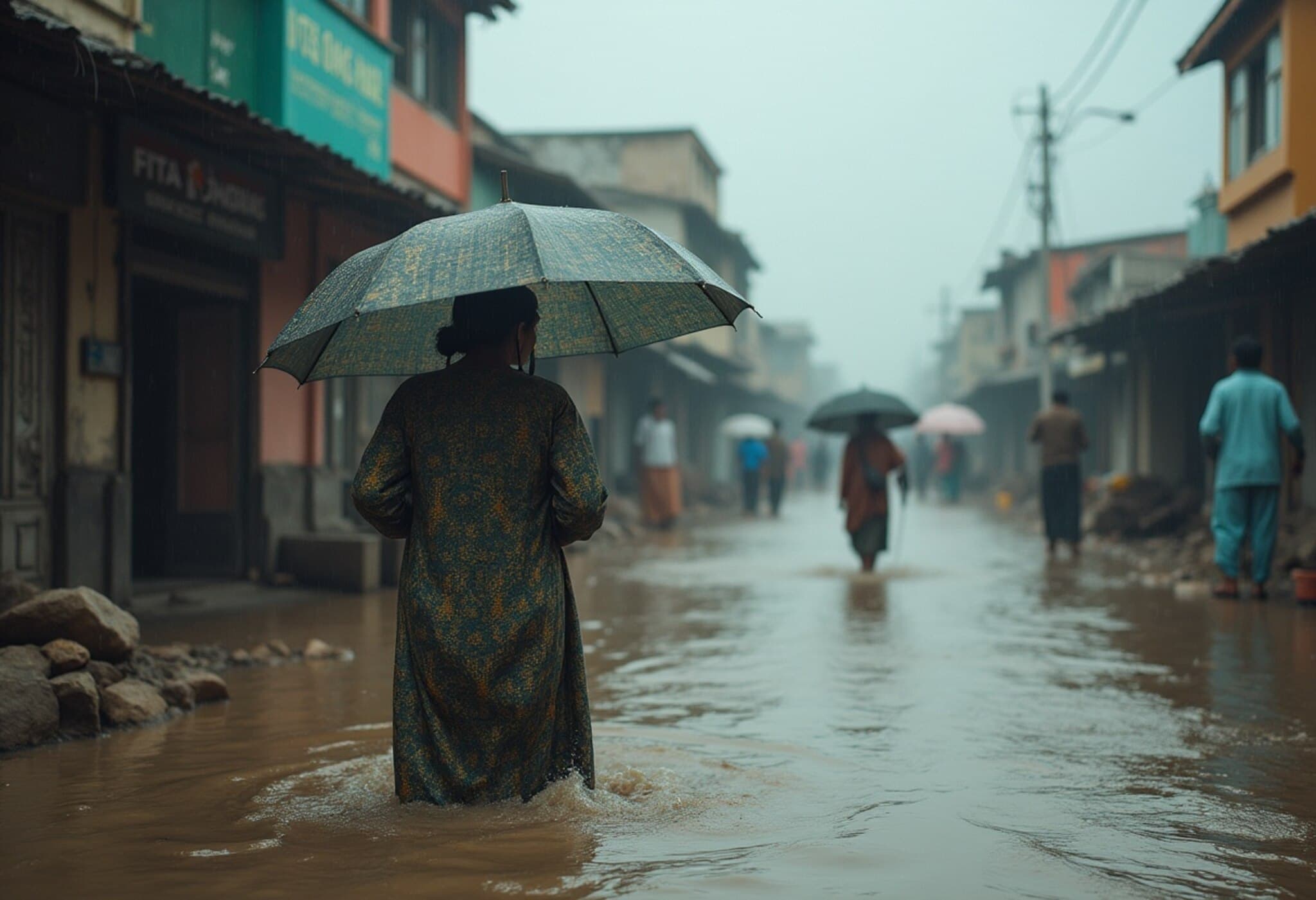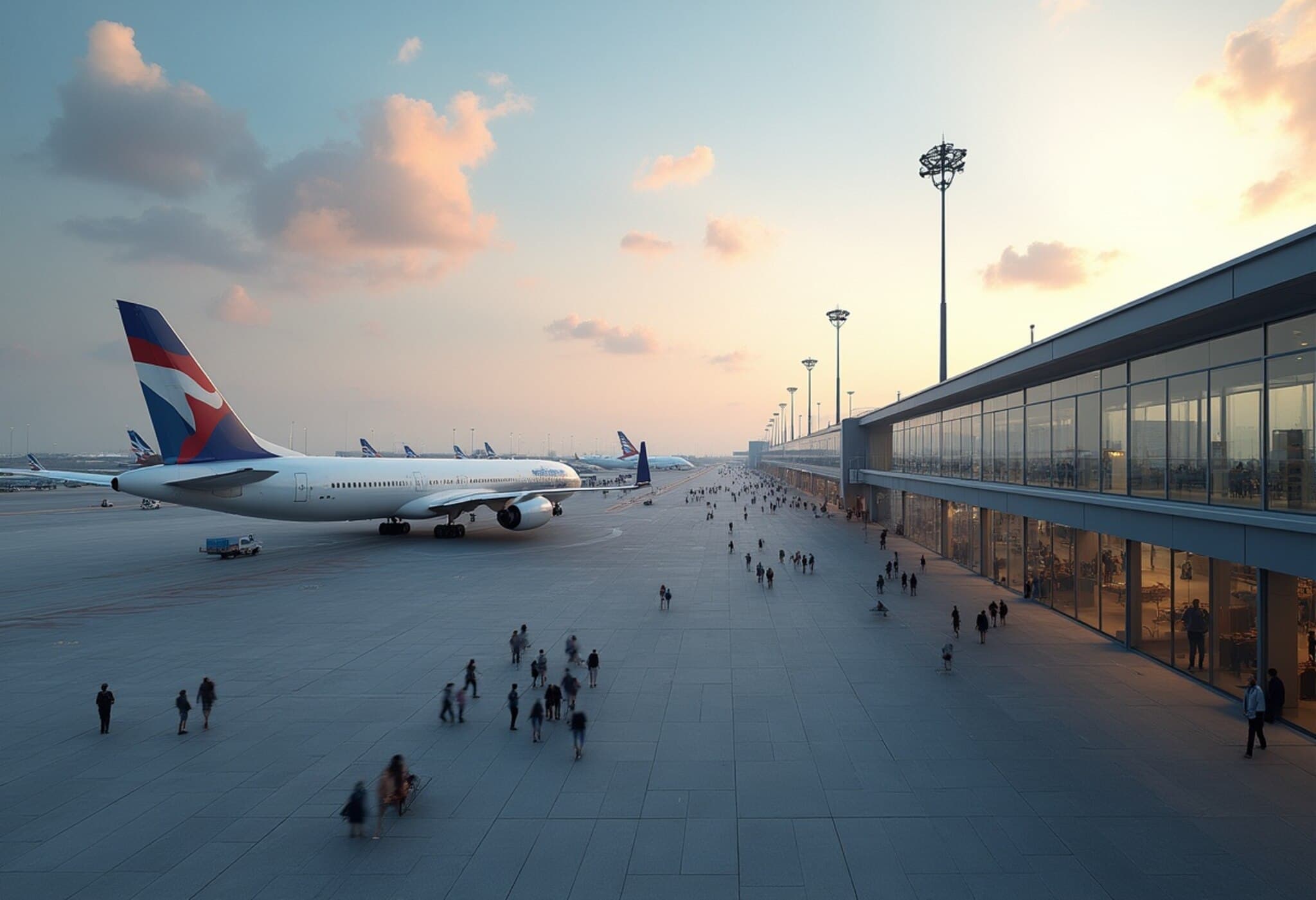Deadly Bus Attack in Balochistan Highlights Rising Insurgency Tensions
In a chilling episode of targeted violence, nine passengers were brutally killed late Thursday after armed rebels stopped two buses traveling through Pakistan's restive Balochistan province. According to multiple reports, the attackers identified victims based on their identity cards indicating origin from Punjab, Pakistan’s populous eastern province, before abducting and executing them near the Loralai-Zhob highway.
Attack Details and Response
The two buses en route from Quetta, Balochistan’s capital, to Punjab were intercepted near Sur-Dakai. Eyewitnesses and officials revealed that armed men forcibly halted the vehicles, boarded them, and meticulously checked passengers’ Computerized National Identity Cards (CNICs). Those found to be from Punjab were forcibly removed and later shot dead in a nearby area.
Local official Naveed Alam told AFP, "The terrorists forced the two passenger buses to stop on a highway and pulled nine passengers out. They took them in an area nearby and killed all of them." District administrator Saadat Hussain confirmed that authorities recovered the bodies by the roadside. AC Alam remarked, "The terrorists must have taken the passengers’ identification documents with them."
Balochistan Liberation Front Claims Responsibility
Though no group immediately stepped forward, the Balochistan Liberation Front (BLA), a separatist militia that has waged a long-running insurgency against the Pakistani government, later claimed responsibility. The BLA’s campaign frequently targets non-Baloch civilians and security personnel, attempting to destabilize the region through fear and violence.
The insurgency seeks greater autonomy or outright independence for the Balochistan province, citing historical grievances, underdevelopment, and claims of exploitation. Despite Pakistani authorities asserting control, attacks like this underline the continued volatility and the complex socio-political challenges facing the region.
Official and Human Rights Perspectives
President Asif Ali Zardari condemned the attack, branding the BLA as “terrorists” aiming to undermine national stability. This comes in the shadow of a similar atrocity last year, which saw 23 passengers killed in a coordinated attack.
Meanwhile, human rights organizations urge for a nuanced understanding of the conflict, highlighting allegations against Pakistani security forces for employing heavy-handed tactics such as enforced disappearances and extrajudicial killings — fueling further resentment and unrest.
Regional Implications and Broader Context
Balochistan, rich in natural resources yet one of Pakistan's least developed areas, remains a hotspot due to the separatist insurgency’s persistence. This attack exemplifies the dangerous polarization and ethnic targeting undermining national cohesion. The killing of civilians based on identity documents fuels fears among minority populations and raises concerns about escalating cycles of violence.
Experts note:
- The use of personal identification as a means of targeting civilians highlights not only security vulnerabilities but also demonstrates the insurgents’ deliberate strategy of ethnic-based intimidation.
- Such attacks risk destabilizing the broader region economically and socially, especially as Balochistan forms a critical part of the China-Pakistan Economic Corridor (CPEC) initiatives.
- There’s an urgent need for dialogue-based conflict resolution strategies that address both security and human rights concerns to break the stalemate of violence.
Looking Ahead: Questions and Concerns
The recent attack prompts critical questions about the effectiveness of Pakistan's counterinsurgency measures and the protection of civilians in conflict zones. It also sheds light on the larger narrative of ethnic tensions in Pakistan, an issue often underrepresented in mainstream media coverage.
Will the government pursue a more inclusive approach that goes beyond military actions? How can security agencies balance counterterrorism with upholding human rights? And what role do regional and international stakeholders play in facilitating peace in Balochistan?
Editor’s Note
This tragic bus attack in Balochistan underscores the profound challenges Pakistan faces in addressing separatist violence while safeguarding civilian lives. Beyond the immediate horror, it reveals a fractured national fabric marked by ethnic animosities and governance gaps. As Pakistan navigates these difficult waters, it must balance security imperatives with dignity and justice for its diverse citizenry. Readers are encouraged to consider the broader implications of ethnic targeting and the necessity of sustainable, rights-based conflict resolution models in volatile regions.

